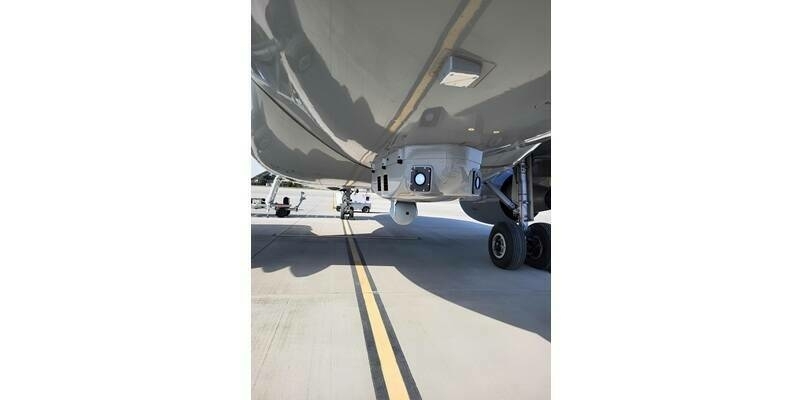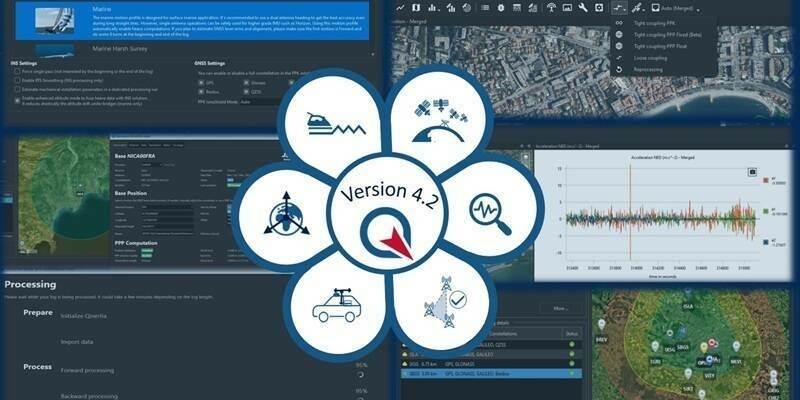In the frame of the Future Combat Air System (FCAS), Airbus (stock exchange symbol: AIR) and Bonn, Germany-based Fraunhofer Institute for Communication, Information Processing and Ergonomics FKIE have created an independent panel of experts on the responsible use of new technologies to define and propose ethical as well as international legal “guard rails” for Europe’s largest defence project.
The expert panel, which was first initiated in Germany in 2019, currently includes stakeholders such as the German Ministry of Defence, German Ministry of Foreign Affairs, foundations, universities as well as think tanks.
“In many ways, FCAS represents a giant leap forward. Not only is it Europe’s largest defence programme in the coming decades, which will foster collaboration across our partner nations. With FCAS we‘ll be significantly stepping up our game in terms of new technologies which will form part of this sixth-generation ‘System of Systems’”, said Dirk Hoke, Chief Executive Officer of Airbus Defence and Space. “This opens up new opportunities in terms of security policy and helps to strengthen Europe’s role in the world. But there are also ethical and legal challenges which we have to address.”
The FCAS programme reflects a complex and extensive networked “System of Systems”, of which a next generation manned fighter will represent one key element. Such manned platforms will team with unmanned ones, called “remote carriers”, which will be providing additional capabilities to complete the missions at stake. Scalable and interoperable system architectures will allow upgraded existing platforms to be integrated into FCAS. Leveraging the collaborative capabilities of manned and unmanned platforms will require an “Air Combat Cloud” fusing in real time massive amounts of data augmented by warfare analytics and articifical intelligence. Furthermore, it is expected that the technologies developed in the frame of this project will also have significant beneficial spill-over effects for future civil applications.
Subscribe to our newsletter
Stay updated on the latest technology, innovation product arrivals and exciting offers to your inbox.
Newsletter

